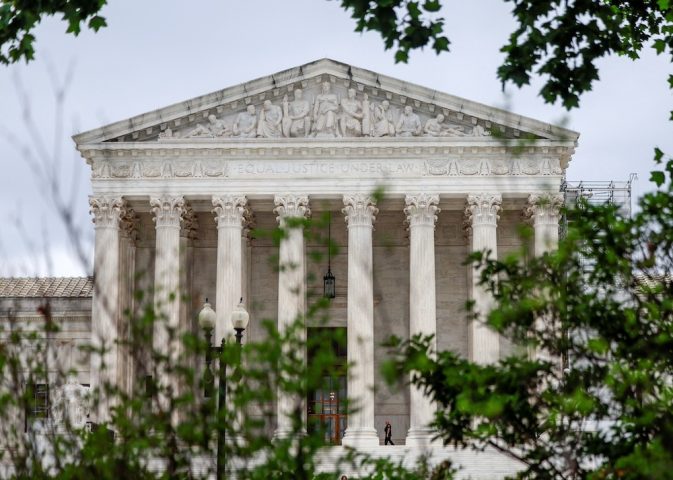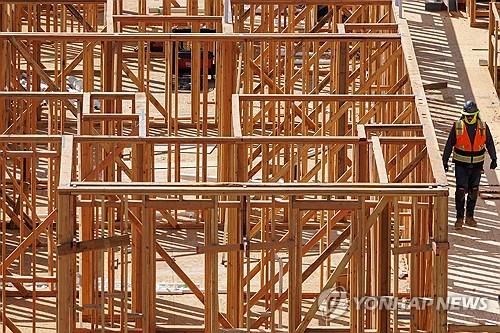A recent survey conducted by electronic payment company Affirm reveals that three out of five Americans believe the U.S. economy is already in a recession, despite official economic indicators suggesting otherwise. This disconnect between public perception and economic data has led some experts to describe the situation as a “vibecession.”
Key Survey Findings
- 59% of respondents believe the U.S. economy is currently in a recession
- The primary reason cited for this belief is inflation and rising living costs (68%)
- 50% of respondents noted that friends and family frequently complain about money problems
- On average, Americans believe the recession began in March 2023
- Respondents expect the current economic downturn to last until July 2025
Economic Reality vs. Public Perception
While the survey reflects widespread pessimism among Americans, official economic data paints a different picture:
- GDP growth rates for Q1 and Q2 of 2024 were 1.4% and 2.8% (preliminary) respectively
- These figures do not meet the technical definition of a recession, which typically requires two consecutive quarters of negative growth
The “Vibecession” Phenomenon
Experts have coined the term “vibecession” to describe the disconnect between public sentiment and economic reality. This portmanteau of “vibe” and “recession” refers to a situation where negative public perception creates a recessionary atmosphere, despite contradictory economic indicators.
Joyce Chang, Global Head of Research at JP Morgan, commented on CNBC, “We are currently in a ‘vibecession’.” She explained that wealth accumulation in recent years has been concentrated among homeowners and high-income groups, while a third of the population has been left out, contributing to the disconnect.
Widening Economic Disparities
The survey and expert opinions highlight growing economic inequalities:
- Low-income groups struggle to keep up with rising costs, particularly rent
- A rapid widening of the gap between those who have benefited from recent economic growth and those who haven’t
Gene Goldman, Chief Investment Officer at Cetera Financial Group, summarized the situation: “While everything may look good on the surface, a closer look reveals a rapidly growing divide between the haves and have-nots.”
As the debate over the true state of the U.S. economy continues, this survey underscores the importance of considering both hard economic data and public sentiment when assessing the nation’s economic health.



















































 다운타운서 70대 보행자
다운타운서 70대 보행자 



































